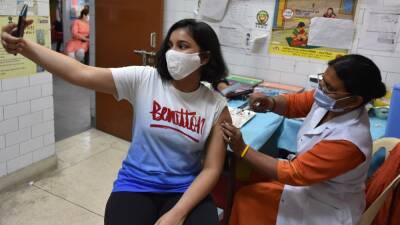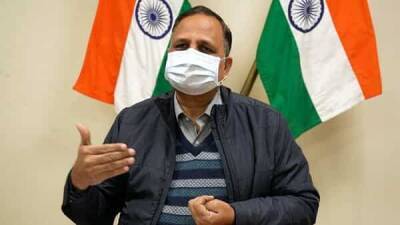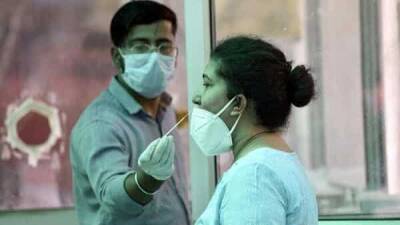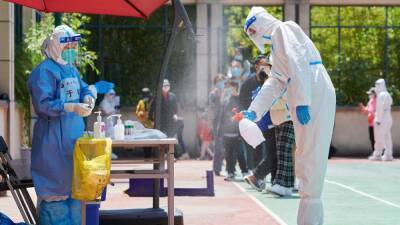Psychiatric disorders may up risk for COVID-19 reinfection
A history of certain psychiatric disorders may predispose fully vaccinated COVID-19 survivors to reinfection, according to a study of 263,697 US veterans published yesterday in JAMA Network Open.Researchers from the San Francisco Veterans Affairs (VA) Health Care System and the University of California retrospectively analyzed the administrative and electronic health records of US veterans who completed their COVID-19 vaccine primary series at least 14 days earlier from Feb 20, 2020, to Nov 16, 2021.
Patients had received the Pfizer/BioNTech, Moderna, or Johnson & Johnson vaccine.Average age was 66.2 years, 90.8% were men, 70.1% were White, 20.5% were Black, 8.3% were Hispanic, 9.3% were of other or unknown race, 51.4% had one or more psychiatric diagnoses, and 14.8% were reinfected.Psychiatric disorders included depression, posttraumatic stress, anxiety, adjustment disorder, substance use disorder, bipolar disorder, psychosis, attention-deficit hyperactivity disorder, dissociation, and eating disorders within the past 5 years.
Psychiatric disorders were more common in patients younger than 65 than in their older peers (65.6% vs 43.0%).Lower risk among younger peopleA history of any psychiatric disorder was tied to a 7% higher incidence of COVID-19 reinfection in models adjusted for potential confounders and to a 4% increased incidence in models further adjusted for underlying illnesses and smoking.In fully adjusted models, most psychiatric disorders were linked to an increased incidence of reinfection, with the highest risk for substance use disorders (adjusted relative risk [aRR], 1.16) and for adjustment disorder (aRR, 1.13).The risk of COVID-19 reinfection was 24% higher for patients 65 and older with substance
Read more on cidrap.umn.edu


















































